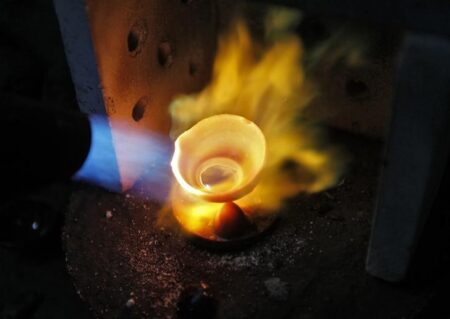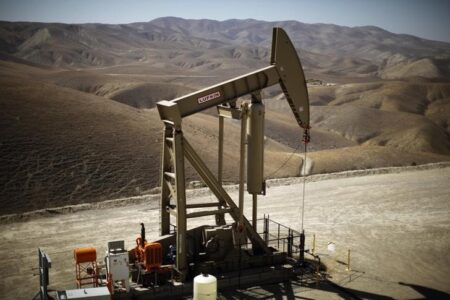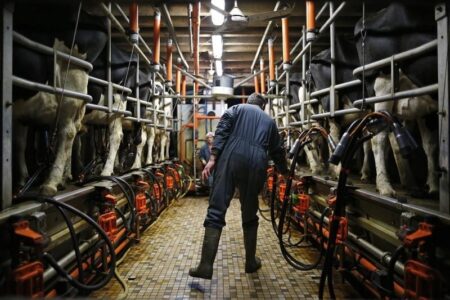By Johan Ahlander and Anna Ringstrom
STOCKHOLM (Reuters) -Sweden on Wednesday dropped its investigation into the explosions in 2022 on Nord Stream pipelines carrying Russian gas to Germany, saying it lacked jurisdiction in the case but had handed evidence it had uncovered over to German investigators.
The multi-billion dollar Nord Stream 1 and 2 pipelines transporting the gas under the Baltic Sea were ruptured by a series of blasts in the Swedish and Danish economic zones in September 2022, releasing vast amounts of methane into the air.
Russia and the West have pointed fingers at one another. Each has denied any involvement and no one has taken responsibility.
Swedish prosecutors concluded that nothing had emerged to indicate that Sweden or Swedish citizens were involved in the attack which took place “in international waters”.
“Against the background of the situation we now have, we can state that Swedish jurisdiction does not apply,” Public Prosecutor Mats Ljungqvist said in a statement.
Denmark and Germany have launched separate investigations and Sweden said it would pass on its evidence.
“Within the framework of this legal cooperation, we have been able to hand over material that can be used as evidence in the German investigation,” the Swedish prosecution authority said.
The office of the German Federal Public Prosecutor said only that its investigation was ongoing while the Swedish prosecutors did not immediately reply to requests for additional comment.
Danish police said on Wednesday it expected to provide more information on its investigation “within a short time”.
In July, Germany told the U.N. Security Council it had found traces of subsea explosives on a sailing yacht that “may have been used to transport the explosives” and that trained divers may have attached the explosives to the pipelines.
Russia has blamed the United States, Britain, and Ukraine for the blasts which largely cut it off from the lucrative European market. Those countries have denied involvement.
Some Western officials have said Russian military vessels were in the area at the time of the blasts, but others have said there is no hard evidence to implicate Russia, which called the suggestion it was behind the attacks “absurd”.
Kremlin spokesman Dmitry Peskov said on Wednesday that Russia would now watch what Germany would do to investigate the explosions.
“Of course, now we need to see how Germany itself reacts to this, as a country that has lost a lot in relation to this terrorist attack,” he said.
Moscow has repeatedly complained about lack of insight into the Western investigations.
If no conclusive evidence is found by either Denmark or Germany, the mystery behind one of the most significant acts of infrastructure sabotage in modern history could remain unsolved.
Read the full article here












